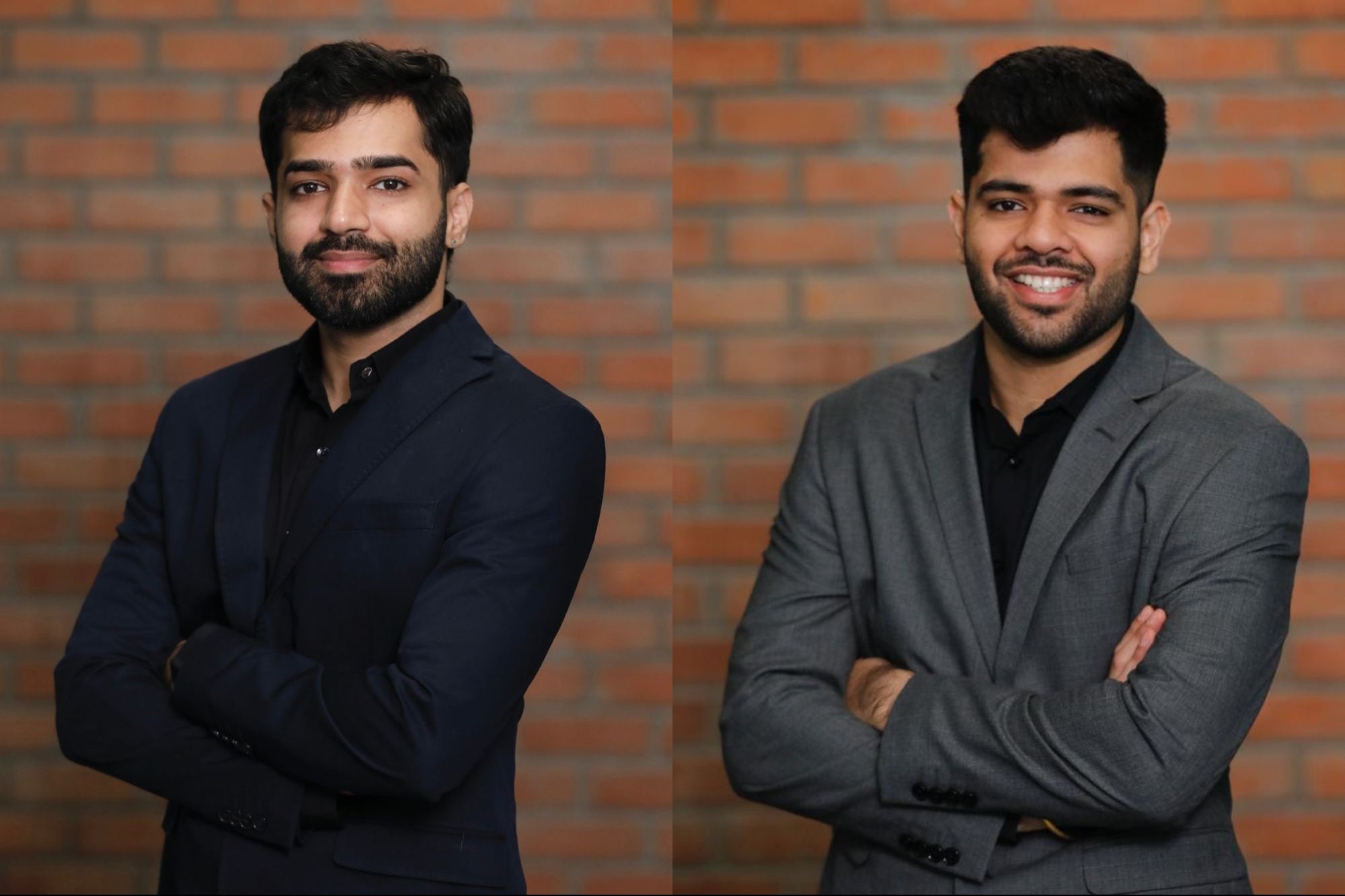How Indian Healthtech Start-ups Gain International Recognition For Homegrown Medical TechnologiesThe first step towards gaining global recognition and entering multiple markets is to run credible clinical studies
Opinions expressed by Entrepreneur contributors are their own.
You're reading Entrepreneur India, an international franchise of Entrepreneur Media.

Human physiology is mostly the same across ethnicities. Diseases which affect our bodies also tend to behave similarly, irrespective of ethnicities. There are exceptions, of course, but by and large, this is true. This provides a unique opportunity to healthtech startups. A technology which is built to diagnose or treat a disease will work, relatively unchanged, across the world. Though the business model to take it to the market can vary widely by country, the technology itself won't. Building innovative technology to solve deep problems for healthcare is hard. Having to build it differently in different countries would have been even harder. Fortunately, this is usually not necessary.
So, how do healthtech startups take advantage of this and take their technology global? For the purpose of this blog, I will restrict myself to diagnostic technology, but the general idea applies well to other areas of healthcare too.
The first step towards gaining global recognition and entering multiple markets is to run credible clinical studies. Independent studies are the only way to prove that a technology is safe to use and has the desired outcome. Many a startup has failed (one of which is recently back in the news again in a high-profile criminal trial) because it either never conducted enough studies, or doctored the results of studies. Bad idea! Publishing these studies in journals and conferences is also essential to gain recognition.
The next step in the process is to go for regulatory certifications. Unfortunately, this cannot be an afterthought, after the technology is built. One needs to implement quality control processes from day one. The standard to follow is ISO 13485. It ensures traceability of design decisions, the implementation itself, and the quality tests. The process is neither hard, nor a hindrance to rapid agile development. But it is notoriously difficult to retrofit it at a later stage. The sooner we start putting the process in place, the better it is for future success.
Certifications from international regulatory bodies offer easy acceptability of the technology across the globe. The CE mark (for EU) and US FDA (for US) are the certifications most sought after. Both involve doing rigorous clinical studies to prove the efficacy, and a host of other tests like safety and usability of the technology. Both are akin to trial by fire. If the technology passes these litmus stones, it truly is world class.
CE标志允许进入欧盟,和US FDA into the US (which also happens to be the largest healthcare market in the world). Most other countries, with a few exceptions (like China), accept at least one of these as sufficient proof of quality and efficacy. While registration is required in many countries, if you have at least one of these certifications, the required paperwork is minimal, and usually no new clinical studies are required.
Technology built in emerging economies such as India hold a distinct advantage over technology built in the developed economies. The development cost is usually lower, and so is the production cost. This is obvious—it needs to be sold in its home market, which is usually price sensitive. A world-class product or technology built in such an environment has a chance of totally disrupting the market and displacing the leaders (who usually hail from the developed economies). This has happened multiple times in other industries, for example automotive. Now is the time to replicate this in the healthcare world. I think Indian startups are up to the challenge.













